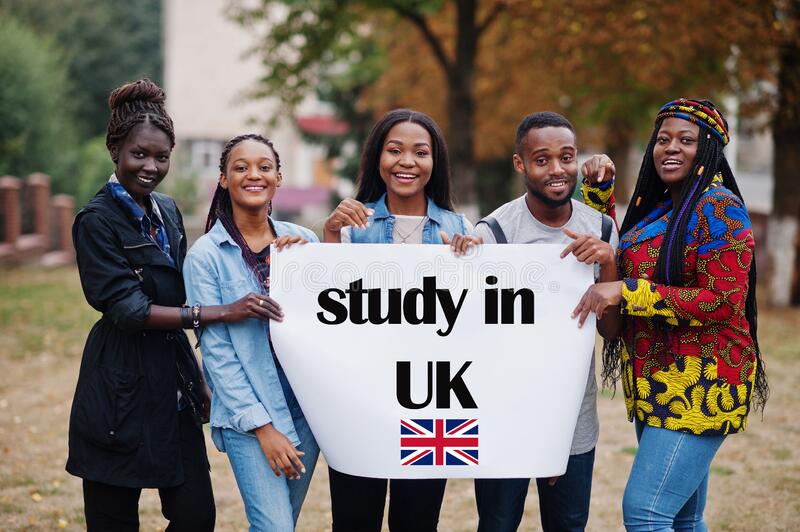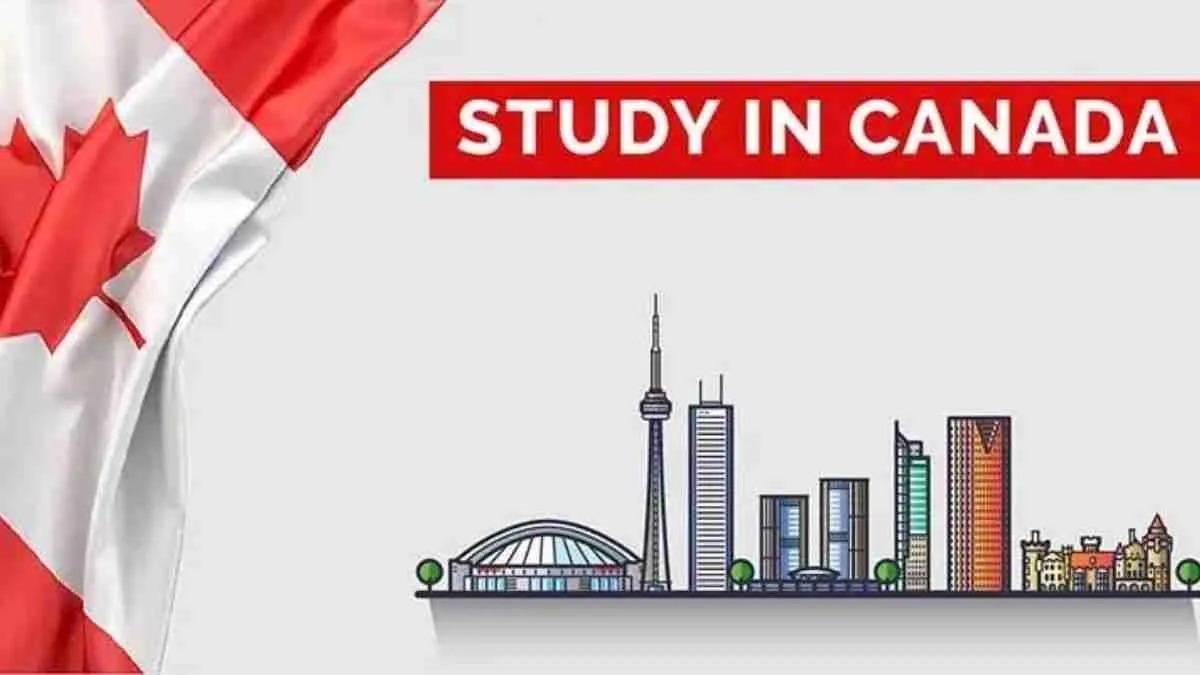Studying in the United States offers incredible opportunities for African students to broaden their horizons, gain a quality education, and embark on a promising career path. However, navigating the process of obtaining a study visa can be complex and overwhelming. In this comprehensive guide, we will walk you through the steps of acquiring a study visa in the USA as an African student, ensuring you are well-prepared and ready to embark on your educational journey.
Overview of studying in the USA as an African student
Studying in the USA provides African students with access to world-class universities, cutting-edge research opportunities, and a diverse and vibrant campus culture. American universities are renowned for their academic excellence, innovative teaching methods, and comprehensive programs that cater to a wide range of disciplines. Pursuing higher education in the USA opens doors to exciting career prospects, equipping students with valuable skills and knowledge to thrive in today’s globalized world.
Benefits of studying in the USA
Studying in the USA as an African student offers numerous advantages. Firstly, American universities boast a global reputation for providing high-quality education and research opportunities. Secondly, the USA is home to a multicultural society, fostering diversity and promoting cross-cultural experiences. This exposure contributes to personal growth and broadens perspectives, nurturing global citizens. Additionally, the USA offers a wide range of scholarships and financial aid options to support international students, making education more accessible and affordable.
Researching Universities and Programs
Identifying suitable universities
Before applying for a study visa, it’s crucial to research and identify universities that align with your academic goals and interests. Consider factors such as program offerings, faculty expertise, campus facilities, and reputation. Many universities have dedicated international student offices that can provide valuable guidance and support throughout the application process.
Exploring available programs
Once you have shortlisted potential universities, delve into the details of the programs they offer. Evaluate the curriculum, course structure, research opportunities, and any specialized facilities or resources that may enhance your learning experience. Make sure the programs align with your long-term academic and career aspirations.
Reviewing admission requirements
Each university has specific admission requirements that must be met for consideration. Take the time to thoroughly review the prerequisites, such as standardized tests (e.g., SAT, ACT, GRE, GMAT), academic transcripts, letters of recommendation, and personal statements. Begin preparing well in advance to ensure you have ample time to gather and submit all necessary documents.
Meeting the Financial Obligations
Understanding the cost of studying in the USA
Studying in the USA can be expensive, and it is crucial to have a clear understanding of the associated costs. Consider tuition fees, accommodation expenses, health insurance, textbooks, and general living costs. Create a budget and explore ways to manage your finances effectively while studying abroad.
Exploring scholarships and financial aid options
Many universities and organizations offer scholarships, grants, and financial aid specifically for international students. Research these opportunities and identify eligibility criteria and application deadlines. Additionally, some countries and external organizations may provide funding options for African students pursuing higher education abroad.
Securing funding for tuition and living expenses
If you require financial assistance, explore various avenues to secure funding for your tuition and living expenses. This may include applying for scholarships, seeking sponsorships, or exploring student loan options. Proper financial planning is essential to ensure a smooth transition and stress-free academic journey.
Applying for a Study Visa
Understanding the student visa application process
To study in the USA, you will typically require an F-1 student visa. Familiarize yourself with the visa application process, including the required forms, fees, and documentation. The U.S. Department of State’s official website provides detailed instructions and guidelines to facilitate the visa application process.
Gathering the required documentation
Prepare all the necessary documents for your visa application. This may include a valid passport, SEVIS fee payment receipt, I-20 form issued by the university, financial documentation, academic transcripts, standardized test scores, and any other supporting materials as specified by the U.S. embassy or consulate.
Completing the online application form
Once you have gathered the required documents, complete the online visa application form (DS-160). Provide accurate and truthful information, paying close attention to detail. Review your application before submission to ensure accuracy and completeness.
Scheduling and attending the visa interview
After submitting the online application form, schedule an appointment for a visa interview at the nearest U.S. embassy or consulate. Prepare for the interview by reviewing your application, gathering any additional supporting documents, and anticipating common interview questions. Be confident, articulate, and honest during the interview process.
Preparing for Departure
Securing accommodation
Research accommodation options near your chosen university. Explore on-campus housing, off-campus apartments, or homestay programs. Consider factors such as proximity to campus, safety, affordability, and any specific preferences you may have.
Organizing travel arrangements
Plan your travel to the USA well in advance. Book your flight tickets, arrange airport transfers, and familiarize yourself with the transportation options available at your destination. Ensure you have all the necessary travel documents, including your passport, visa, and any required health certifications.
Familiarizing yourself with the local culture and customs
Before departing for the USA, take the time to learn about the local culture, customs, and social norms. Understanding the traditions and practices of your host country will help you adapt more easily and build positive relationships with fellow students and community members.
Settling in the USA
Adjusting to academic life
Upon arrival, familiarize yourself with the academic environment. Attend orientation programs, meet with academic advisors, and explore campus resources such as libraries, laboratories, and research centers. Develop effective study habits and time management skills to excel in your coursework.
Navigating campus resources
American universities offer a wide range of support services and resources to help international students succeed. Take advantage of services such as counseling centers, career development offices, language assistance programs, and cultural organizations. Engage in campus activities and build connections with both local and international students.
Building a support network
Adapting to a new country can be challenging, but building a support network can ease the transition. Join student clubs, participate in extracurricular activities, and engage with student communities to foster friendships and create a sense of belonging. Reach out to university staff and mentors who can provide guidance and support throughout your academic journey.
Acquiring a study visa and pursuing higher education in the USA as an African student is a rewarding and transformative experience. By following the steps outlined in this guide, you can navigate the process with confidence and embark on a successful educational journey. Remember to plan ahead, thoroughly research your options, and seek support when needed. Embrace the opportunities that studying in the USA offers, and make the most of your time to acquire knowledge, expand your horizons, and shape a brighter future.
Frequently Asked Questions by Our Readers
- Q: Can I work while studying in the USA as an African student? Yes, as an international student, you may be eligible for certain on-campus employment opportunities. However, it’s important to review the specific regulations and limitations regarding working while studying.
- Q: Are there any English language proficiency requirements for study visa applications? Generally, universities require international students to demonstrate English language proficiency through standardized tests such as TOEFL or IELTS. Check with your chosen universities for their specific requirements.
- Q: What is the duration of a study visa in the USA? Typically, the F-1 student visa is granted for the duration of your program, including an additional grace period to prepare for departure or pursue optional practical training (OPT) if applicable.
- Q: Can I bring my dependents with me to the USA while studying? In certain cases, dependents such as spouses and unmarried children under 21 years old may be eligible for an F-2 visa. Consult the U.S. embassy or consulate for specific guidelines and requirements.
- Q: Are there any post-study work opportunities in the USA for African students? The USA offers optional practical training (OPT) programs that allow international students to work in their field of study for a certain period after completing their degree. Research the specific eligibility criteria and application process for OPT.







